Closing the door to false memory: the effects of levels-of-processing and stimulus type on the rejection of perceptually vs. semantically dissimilar distractors
 【Abstract】
False recognition memory for nonstudied items that share features with targets can be reduced by retrieval monitoring mechanisms. The recall-to-reject process, for example, involves the recollection of information about studied items that disqualifies inconsistent test probes. Monitoring for specific features during retrieval may be enhanced by an encoding orientation that is recapitulated during retrieval. In two experiments, we used concrete words or door scenes as materials and manipulated the level of processing at study and the type of distractors presented at test. We showed that for the verbal material, semantic level of processing at study results in an effective rejection of semantically inconsistent distractors. However, for the pictorial material, the perceptual level of processing leads to an effective rejection of perceptually inconsistent distractors. For targets, the effect of levels of processing was observed for words but not for pictures. The results suggest that retrieval monitoring mechanisms depend on interactions between encoding orientation, study materials, and differentiating features of distractors.
【Abstract】
False recognition memory for nonstudied items that share features with targets can be reduced by retrieval monitoring mechanisms. The recall-to-reject process, for example, involves the recollection of information about studied items that disqualifies inconsistent test probes. Monitoring for specific features during retrieval may be enhanced by an encoding orientation that is recapitulated during retrieval. In two experiments, we used concrete words or door scenes as materials and manipulated the level of processing at study and the type of distractors presented at test. We showed that for the verbal material, semantic level of processing at study results in an effective rejection of semantically inconsistent distractors. However, for the pictorial material, the perceptual level of processing leads to an effective rejection of perceptually inconsistent distractors. For targets, the effect of levels of processing was observed for words but not for pictures. The results suggest that retrieval monitoring mechanisms depend on interactions between encoding orientation, study materials, and differentiating features of distractors.
 【Author】
Marek Nieznański, Michał Obidziński
【Author】
Marek Nieznański, Michał Obidziński
 【Journal】
Psychological Research(IF:1) Time:2021-06-11
【Journal】
Psychological Research(IF:1) Time:2021-06-11




